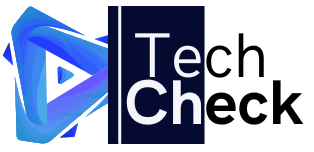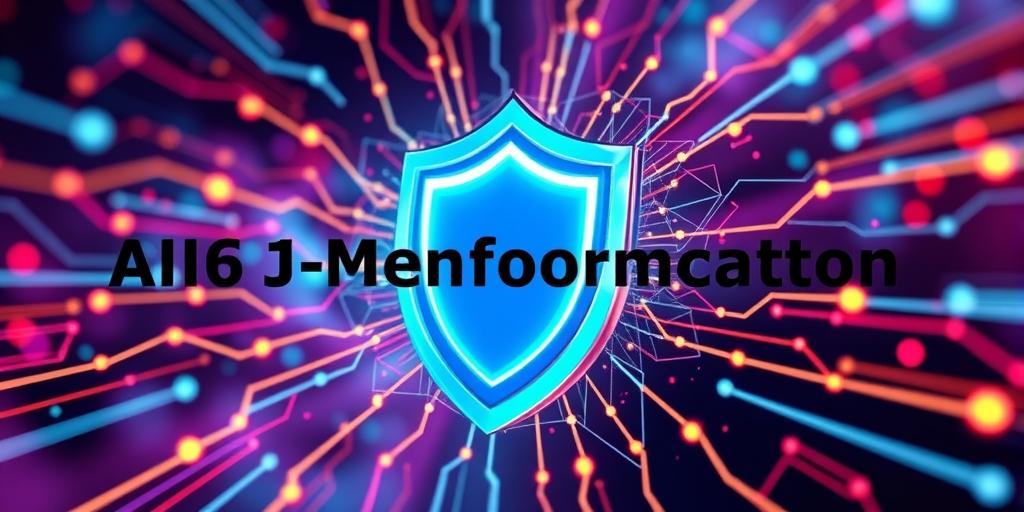Hey everyone! So, you know how we're all freaking out a little (okay, a lot) about AI-generated misinformation? Yeah, me too. It's like, how do we even keep up? It's everywhere! I was reading this article the other day – seriously, it was wild – about how US lawmakers are trying to get a handle on this whole thing. It's a HUGE deal, you know? We're talking potential impact on elections, public health, you name it. It's not just some techie problem; it's a societal one.
First off, let's be real: AI is amazing. It can do incredible things, but like, it can also be used to create super convincing fake news. Think deepfakes, but on a massive scale. It's scary stuff. I mean, have you seen some of these AI-generated images? They're almost indistinguishable from real photos! It's enough to make your head spin.
So, what are our elected officials doing about it? Well, from what I understand, there's a lot of talk about increased transparency. Making it easier to identify AI-generated content is a major focus. Watermarking, maybe? Or some kind of digital signature? I'm not a tech expert, but that's the general idea. They're also looking at ways to hold social media companies more accountable for the content on their platforms. Think stricter regulations, potentially even fines for not doing enough to combat the spread of misinformation. It's a tough nut to crack, for sure.
Another thing I found interesting is the emphasis on media literacy education. We need to equip people with the skills to critically evaluate information, to spot those red flags that might indicate something's not quite right. It's not just about blaming the tech; it's about empowering people to be more discerning consumers of information. You know, teaching people to think for themselves, to question sources, and to verify information before sharing it. It's a long-term solution, but a crucial one.
Of course, there are challenges. Balancing free speech with the need to regulate harmful content is a huge ethical dilemma. Finding solutions that are both effective and don't stifle innovation is a tough balancing act. But hey, it's a conversation we need to be having. And it's not just a conversation for politicians; it's a conversation for all of us. What are your thoughts? Have you seen any examples of AI-generated misinformation? Let's chat in the comments! I'd love to hear your take on this!
Have you tried fact-checking websites lately? They're pretty cool, actually. Not related, but can we talk about how cold it’s been lately? Brrr!









